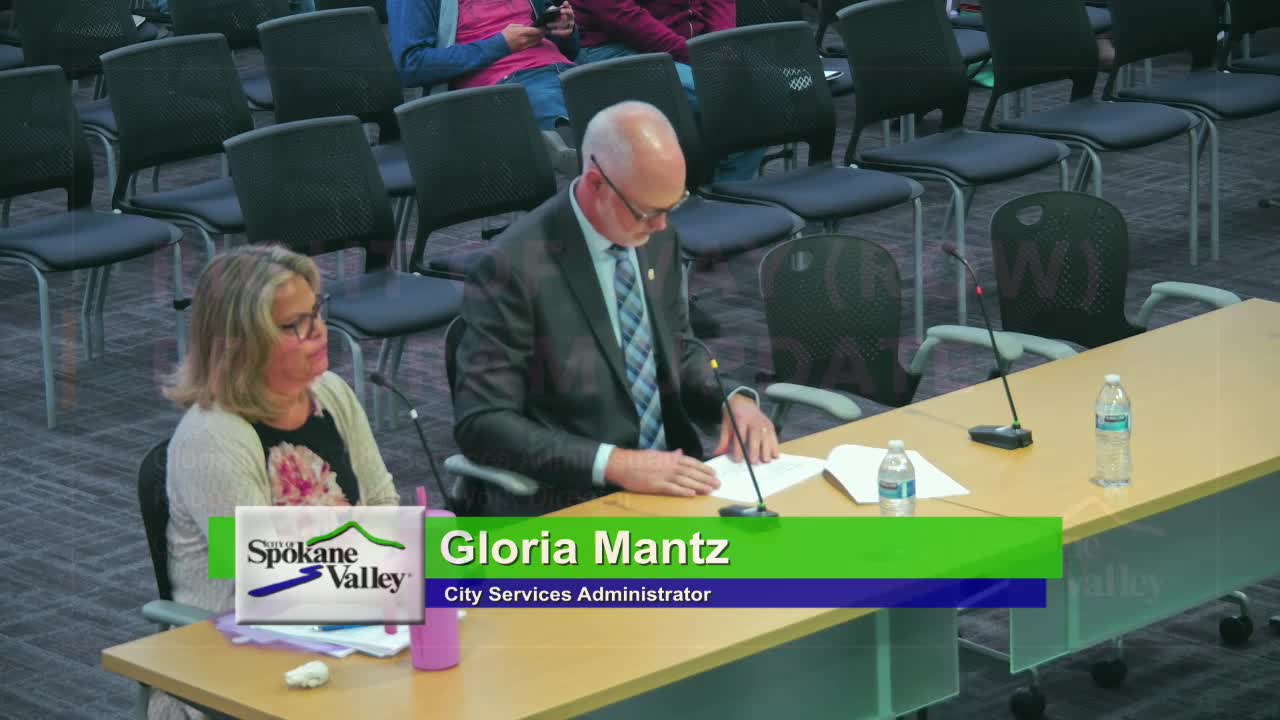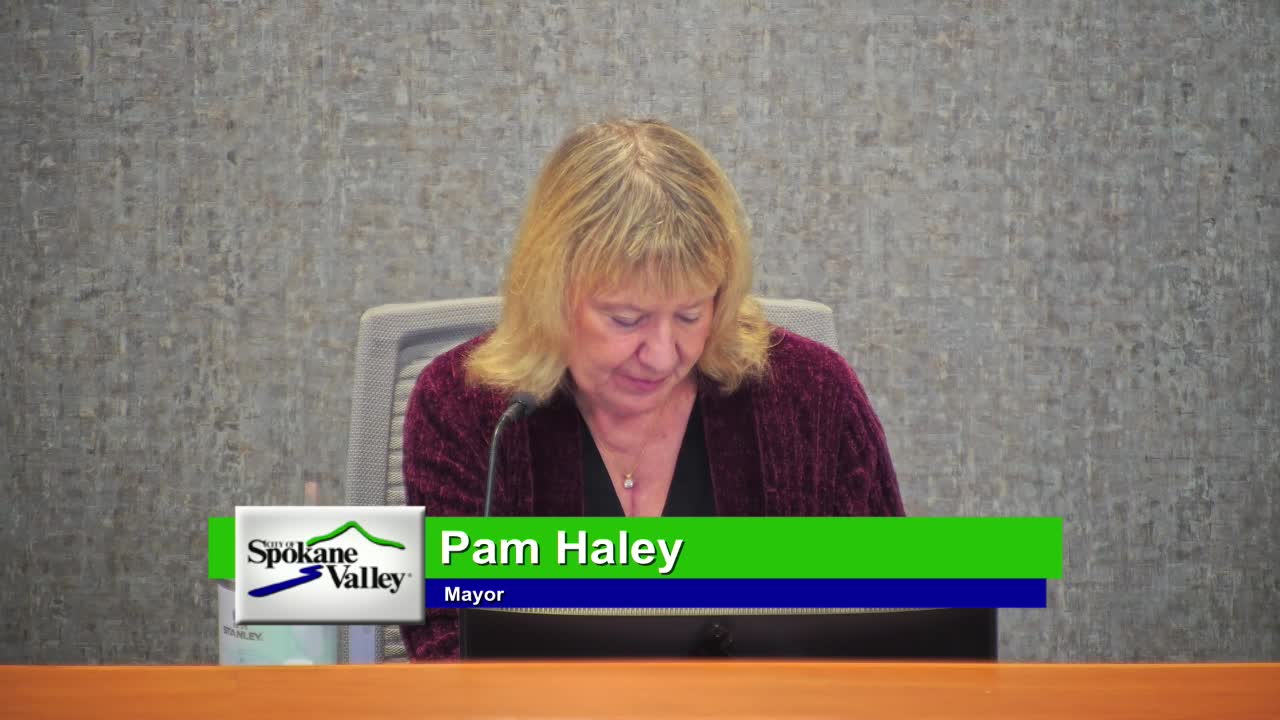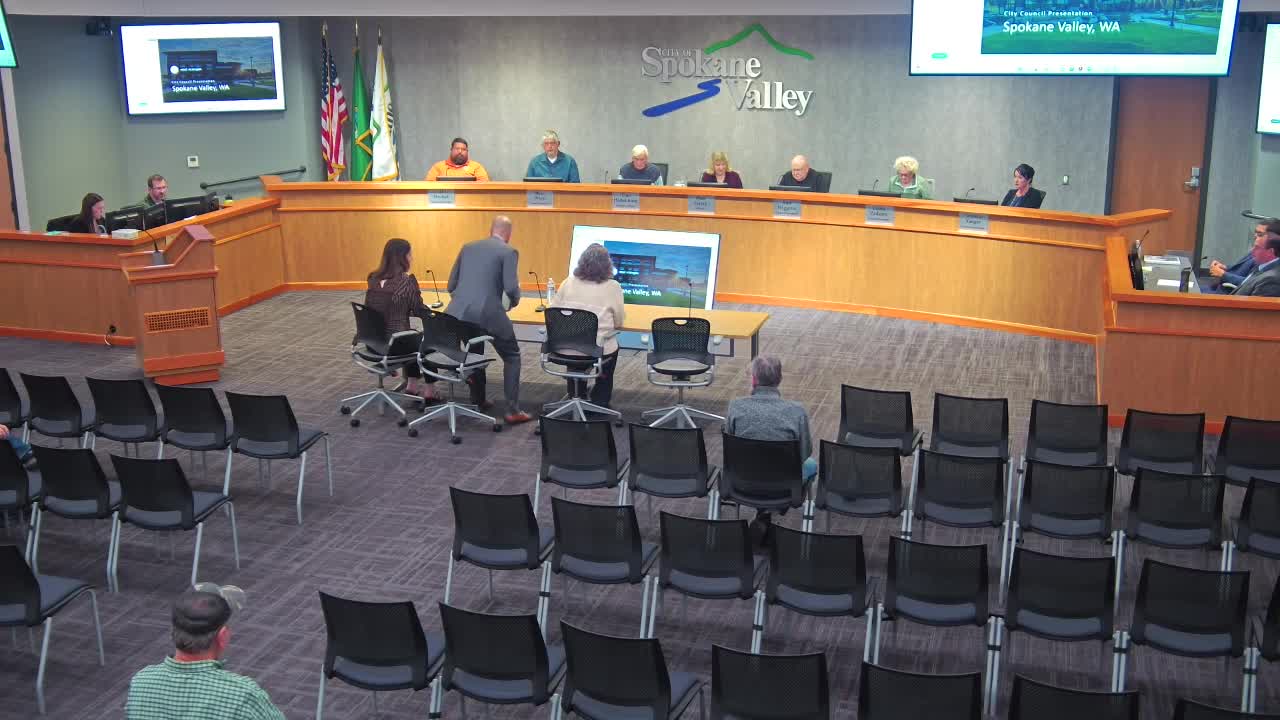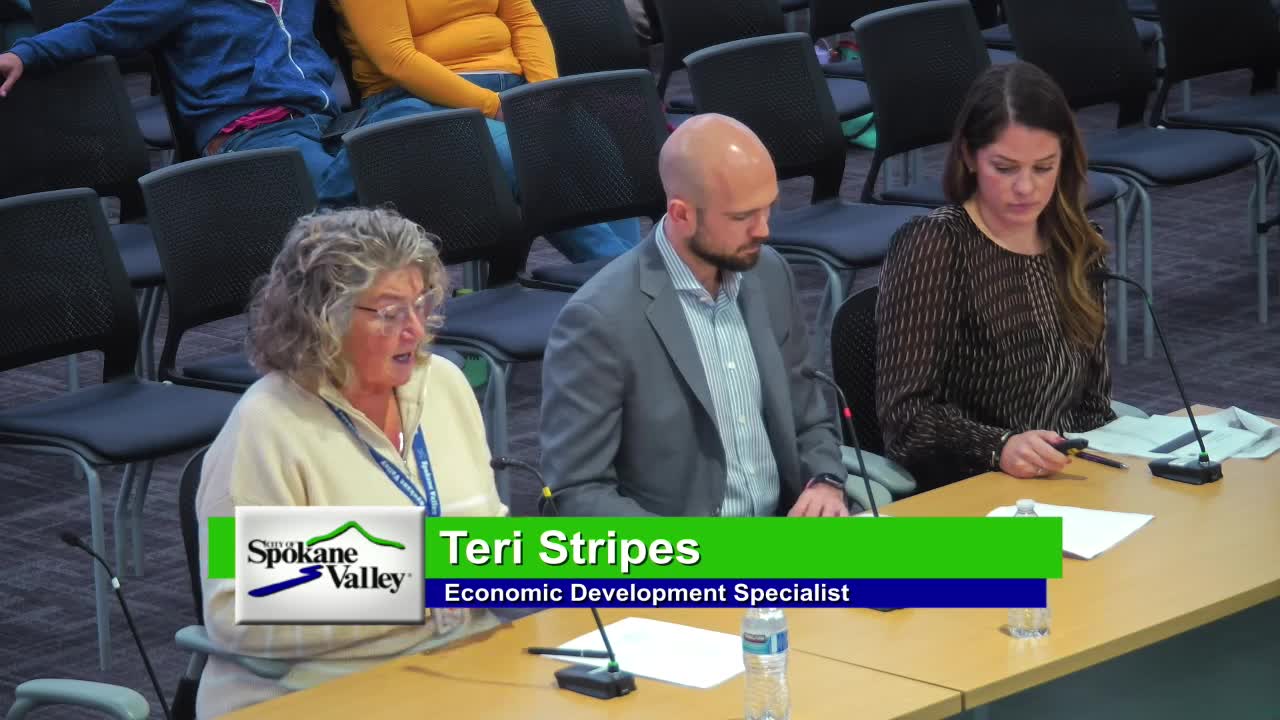Article not found
This article is no longer available. But don't worry—we've gathered other articles that discuss the same topic.

Council hears right‑of‑way delivery challenges; staff proposes in‑house acquisition agent

Council confirms HCDAC appointment, adopts 2026 state legislative agenda and approves holiday closures

Retail Strategies reports recruitment wins; Dave & Buster’s performing above expectations

